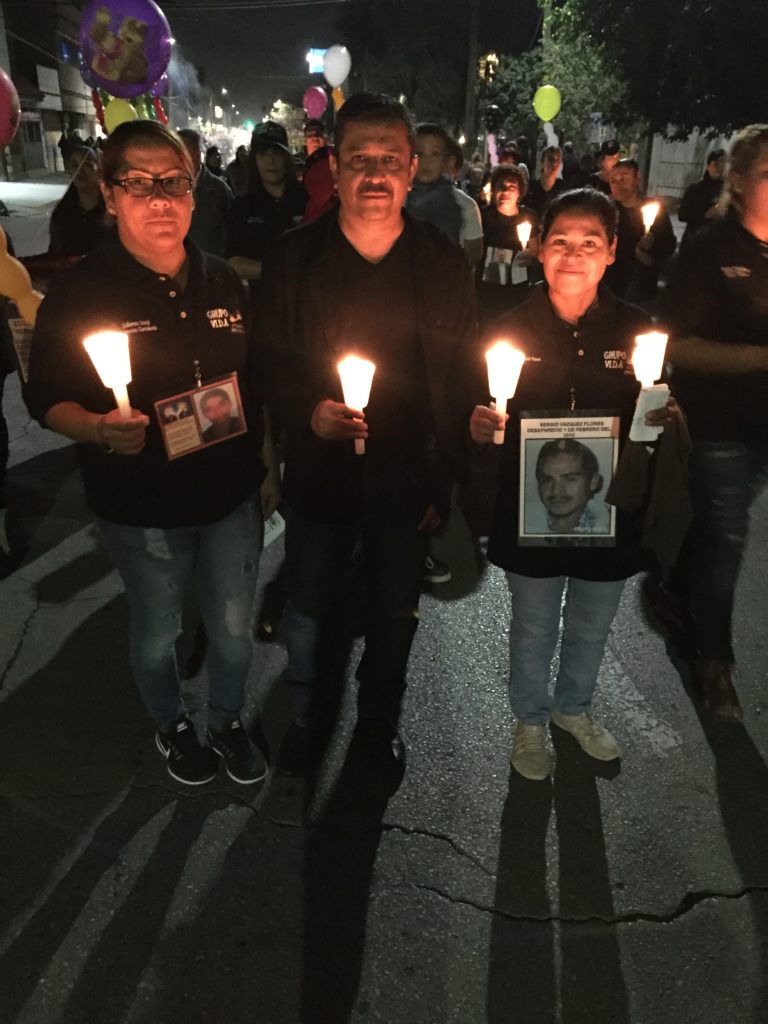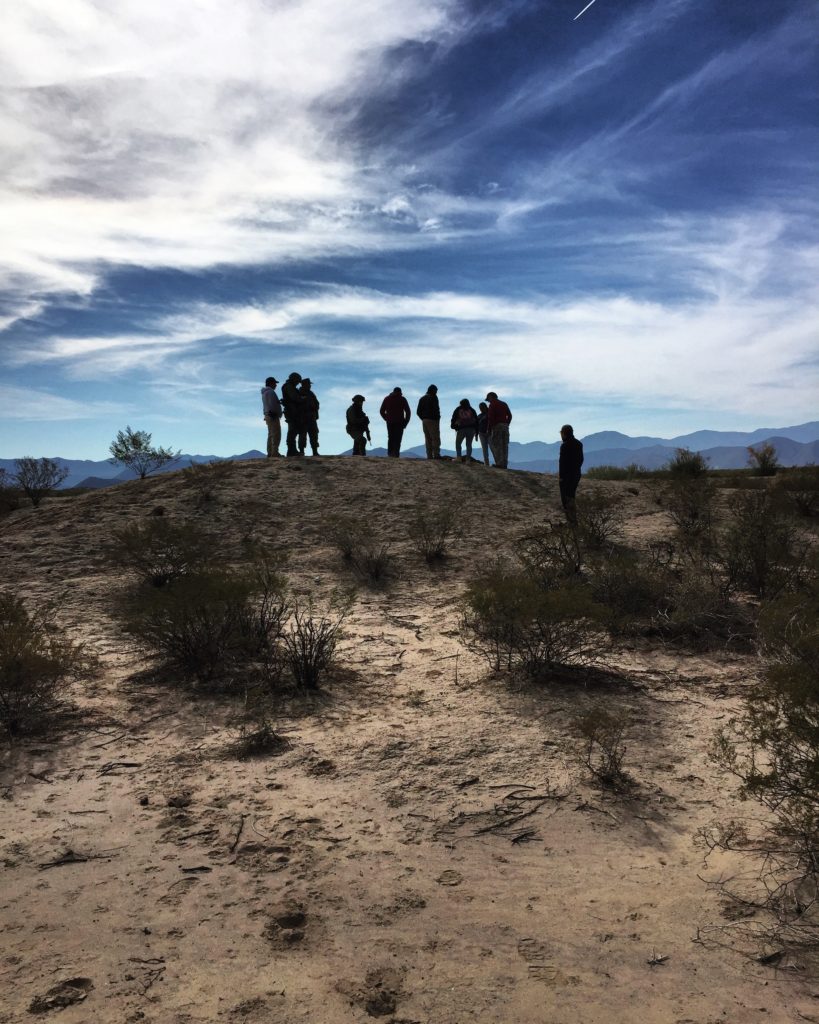Portland, Oregon is again a hotspot of resistance to racism, police brutality and right wing violence in the context of a nationwide uprising in defense of Black life and against police violence that started after the police killing of George Floyd in Minneapolis in May.
Amid a national news cycle dominated by sickness and economic collapse, punctuated by powerful protests and state violence, a scandal broke in mid-July when a demonstrator in Portland was picked up by federal agents in an unmarked van, and taken to a jail beside a federal court, where he was interrogated before being released.
Activists, lawyers and politicians immediately denounced the event as an enforced disappearance. “Authoritarian governments, not democratic republics, send unmarked authorities after protesters,” tweeted Oregon democratic senator Jeff Merkley.
The implication is clear: enforced disappearance is a tactic of dictatorships and military juntas. And there’s no doubt that making connections between repressive tactics in the US and abroad is crucial, as scholar Stuart Schrader and others have documented. But as we make these connections, it is important not to congeal disappearance as a practice of Cold War dictatorships.

A quick review of the recent history of Mexico tells us why: according to government figures, 71,678 people were disappeared (and remain missing) since 2006.
Disappearance, then, isn’t a terror tactic that stopped with the fall of the Berlin Wall. Rather, it has mutated, and continues to be deployed today, in the context of what I call neoliberal war. In my new book, I argue that what has followed the Cold War in many countries in Latin America is not a period of democratic peace. Rather, it is a period of war against the people, disguised as a battle against organized crime or a war on drugs, which I have called neoliberal war.
To speak of neoliberal war is to attempt a break with language that continues to tie us to Cold War concepts, as well as to make visible common elements amid often confusing violence taking place in many Latin American and Caribbean countries.
There are two key differences between neoliberal war and the Cold War. To begin with, the latter is taking place in formally democratic countries within a framework of already consolidated neoliberalism.
Secondly, neoliberal war is not presented as being about a battle of ideas, or a struggle against communist subversion. Rather, states have created a narrative in which they are fighting crime and drug trafficking. This leads to the depoliticization of what is, in fact, a war against the people.
In contrast with victims during the Cold War, the vast majority of those killed and disappeared today are not recognized as activists, unionists or guerrillas. Rather, in neoliberal war, victims are accused of being criminals, as people who deserved to be disappeared or assassinated.
Another important element of neoliberal war is the central role of state forces in its realization, and the recognition of militarization as a central element of neoliberalism.
Neoliberal war has also produced resistance, including by collectives of family members of the disappeared. It is they who search for the disappeared, sometimes with help from federal and local governments, oftentimes on their own. Through the concrete work of searching for the disappeared they demand justice, bring memory to life, and push for the no-repetition of these crimes.
In Torreón, Coahuila, not far from the US-Mexico border, Grupo VIDA has spent nearly five years searching for the disappeared in extermination camps, in ejidos (collectively owned lands) that are partly abandoned because they lack access to water, and more recently, in a military base.

As protests against anti-Black racism and police violence enter their 80th day in Portland and continue around the US, disappearances in Mexico may seem a world away. But a better understanding of repression in contemporary Mexico could improve our ability to understand some forms of state violence –and how to organize against it– in the US today.
During a phone interview at the end of July, I asked Silvia Ortiz, the leader of Grupo VIDA, if she knew of cases of people being disappeared by undercover police or members of other state forces.
“There were many situations like that, and those that occurred initially, those that happened back then, we didn’t really know that it was [state forces], and we didn’t have a way of reacting, an immediate response,” said Ortiz. “The families were alone, they didn’t know what to do, and valuable time passed.”
Ortiz’s own daughter, Silvia Stephanie Sanchez-Viesca Ortiz, was disappeared in Torreón on November 5, 2004, by men linked to organized crime. Murders and disappearances began to rise as Torreón was militarized in the name of the war on drugs beginning in 2008, reaching a peak in 2012. The violence there has since quieted, but is still more intense than pre-war levels; as in much of Mexico, killings and disappearances are ongoing.
As time passed and the number of people disappeared by state forces grew, collectives like Grupo VIDA learned to respond.
Among some of the strategies used by collectives against disappearance in Mexico include land searches, the organization of caravans to hospitals and prisons, public events like marches, pickets and occupations with the names and faces of the disappeared on display, and rapid response gatherings at the entrance to police stations or military bases where people are known to have been disappeared into.
“Today its different, today the families are organized, and society is aware of the organizations, and that’s important because they communicate with the collectives, who tell them ‘do this, this and this,’ and the organizations help in immediate searches for the disappeared,” said Ortiz.
Ortiz mentioned that she knows of 62 collectives that search for the disappeared in Mexico first hand, though she was clear that the total number is higher. In addition to helping find the disappeared, these groups help us imagine a way out of the ongoing crisis of violence in Mexico, and ensure that we do not forget the terrible violations people have experienced, often at the hands of the state.
The uprising in the US has echoed around the world, prompting actions and much needed conversations about anti-Black and anti-Indigenous racism in Mexico. Hopefully conversations about state and police violence –and especially about disappearance– in the US are able to weave in knowledge and repertoires of resistance from ongoing struggles against the same around the world.
A condensed version of this article appeared in Spanish in La Jornada.
Author Bio:
Dawn Marie Paley is the author of Drug War Capitalism & editor of Toward Freedom. Her newest book is Guerra neoliberal: desaparición y búsqueda en el norte de México.
